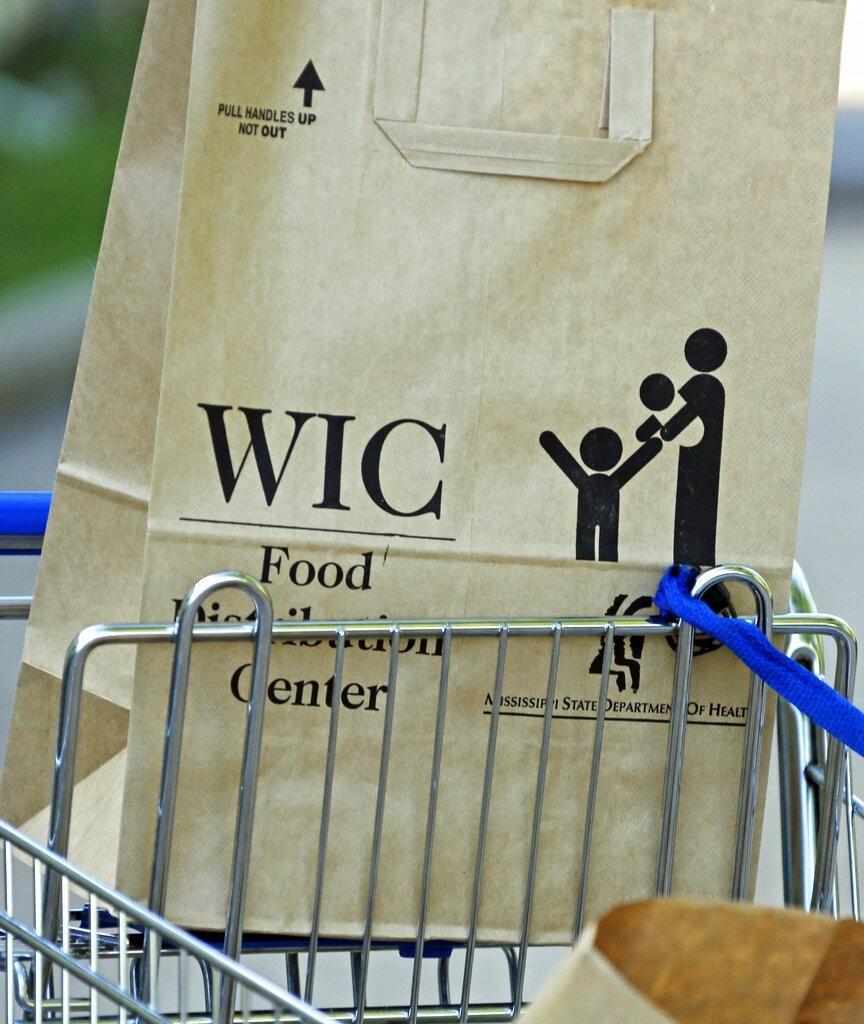The deadline for federal lawmakers to reach an agreement on a budget is nearing, and an aid program that feeds women and children may have to begin turning applicants away.
WIC funding on the line amid federal budget talks


The deadline for federal lawmakers to reach an agreement on a budget is nearing, and an aid program that feeds women and children may have to begin turning applicants away.

Lacey Alexander
WIC funding on the line amid federal budget talks
President Joe Biden is asking congress to approve $1.4 billion of emergency funding to continue supporting the Special Supplemental Nutrition Program for Women, Infants and Children, or WIC. Due to rising food costs, WIC has reportedly exceeded its budget and needs the extra funding to continue serving those enrolled. Some Republican lawmakers are hoping to instead cut spending in the final version of the budget.
There are 85,000 Mississippians enrolled in the system, and 65,000 are actively participating. That's according to State WIC Director Jameshyia Ballard, who says WIC has been shown to curb negative health outcomes.
“It's been shown to reduce low birth weight rates and increase the duration of pregnancy for moms,” she said. “And [WIC] has been shown to improve the growth of nutritionally at-risk infants and children.”
The Center of Budget and Policy Priorities predicts that 600,000 new parents and children would be turned away if adequate funding is not approved.
Oleta Fitzgerald, the southern regional director for the Children's Defense Fund, says there isn't enough state-level aid to support poor families when federal programs go through cuts.
“We lack the political will to stand up for people that are on the bottom,” she said. “And even when they have resources that could be identified and used for child care, like through TANF funds, our public policymakers have refused to do so.”
The feds have until September 30 to agree on a national spending budget, after which the government could shut down.